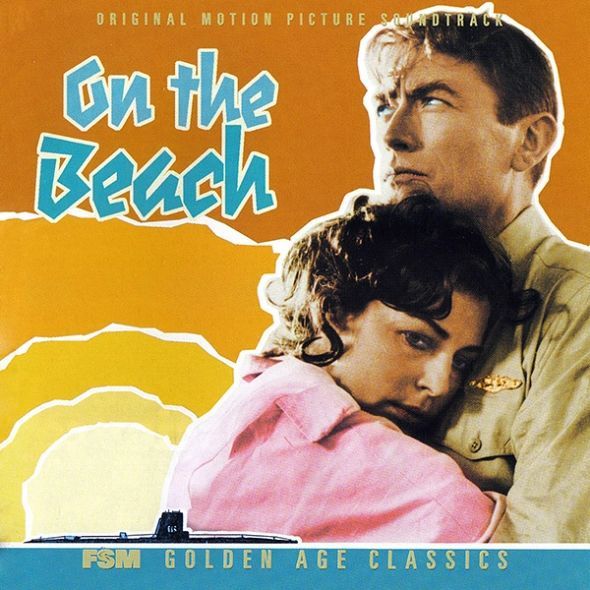Ernest Gold 1921-1999

Ernest Gold was born in Vienna, Austria, on July 13, 1921. He began to study music at the age of six and went on to study at the State Academy of Music. When Hitler invaded Austria in 1938, Gold left for the United States, where he worked first as a piano accompanist and later as a songwriter of popular tunes in New York. Eventually he arrived in Hollywood, where he was quickly put to work as a composer for Columbia Pictures in 1945. Gold endured the assembly-line production of numerous B-movies until achieving acclaim with his score for Stanley Kramer’s ON THE BEACH in 1959. The following year, Gold earned world-wide fame as the composer for Otto Preminger’s EXODUS, for which he won the Academy Award for best score, in addition to two Grammy Awards, for best soundtrack album and best song. In addition to composing for the screen, Gold has also served as the musical director for the Santa Barbara Symphony, conducted his own concert music, such as the acclaimed ‘Symphony for Five Instruments’ (1952; recorded i

Ernest Gold, who we had the pleasure of interviewing at length in our 10th issue, recently composed an excellent score for the television mini-series, Wallenberg: A Hero’s Story, which was broadcast over two evenings in April, 1985. Gold, who has said he prefers to score films dealing with personalities and emotions rather than action and sheer spectacle, was an appropriate choice and his music lent an important emotional undercurrent that tied the characters and their experiences
Reviews

Following on from Tadlow’s epic recording of El Cid, the same team – Nic Raine conducting and James Fitzpatrick producing – have turned their attention to a completely different type of epic film for the definitive recording of Ernest Gold’s Academy Award winning score for Otto Preminger’s Exodus (1960). The score is something of a revelation because aside from the main theme, the music has received little attention through recordings. Additionally the sound quality of the original soundtrack LP was disappointing and much music was deleted or cut from the film.

Though the 1950s spawned a variety of (often ridiculous) Hollywood mutations, the first film to deal seriously with nuclear issues was Stanley Kramer’s "On The Beach" in 1959, the restrained screenplay of which documents the last days of a varied group of survivors who await the end as fallout from the ultimate nuclear conflict slowly but inevitably drifts towards the southern hemisphere



